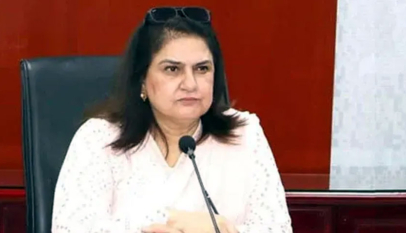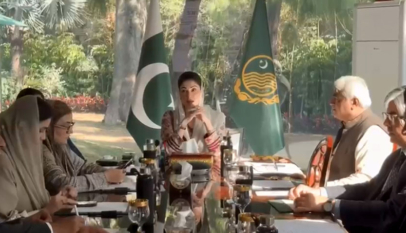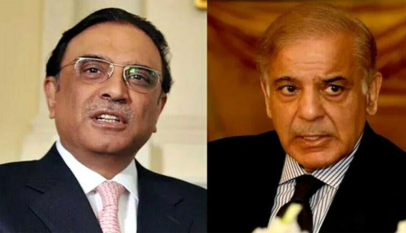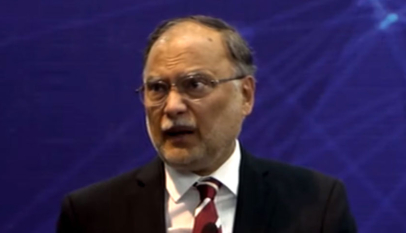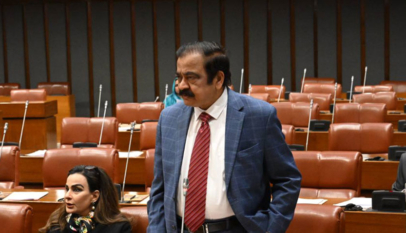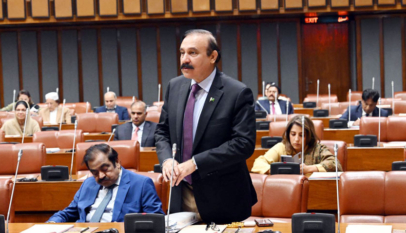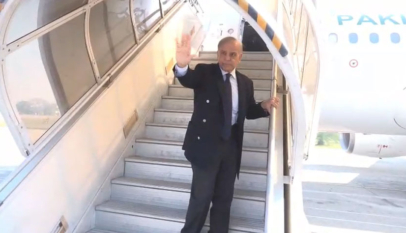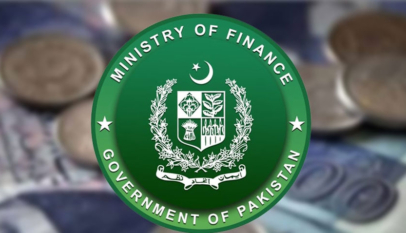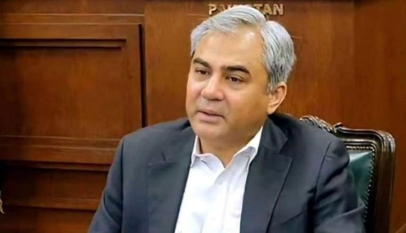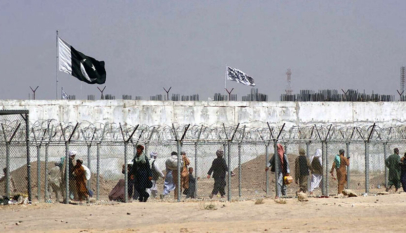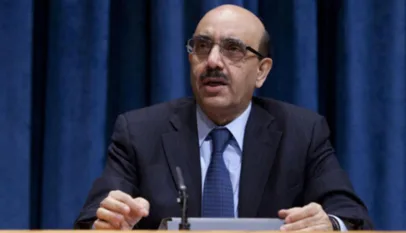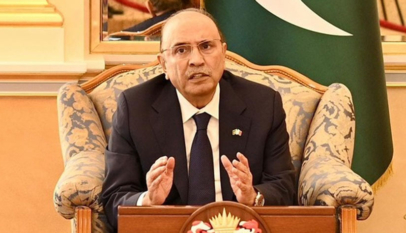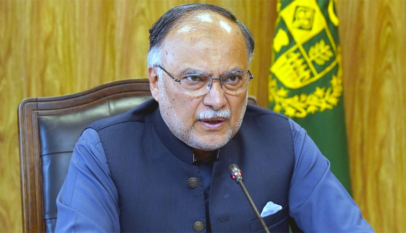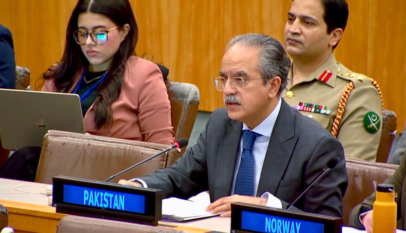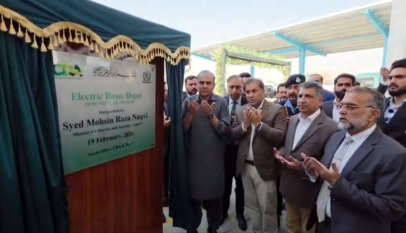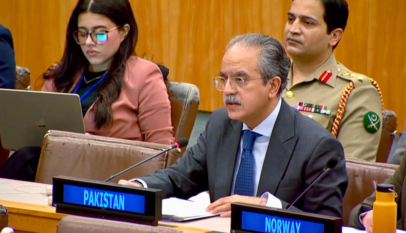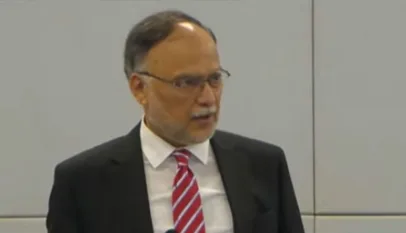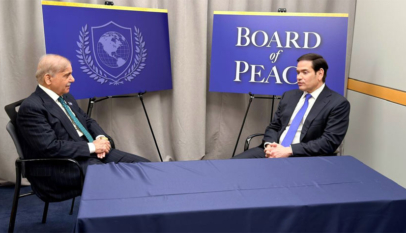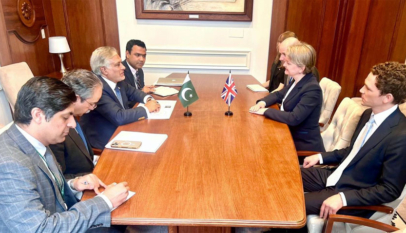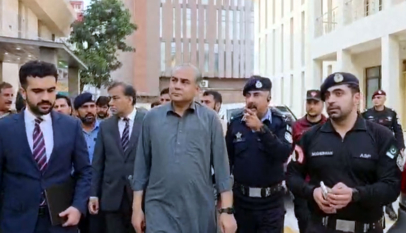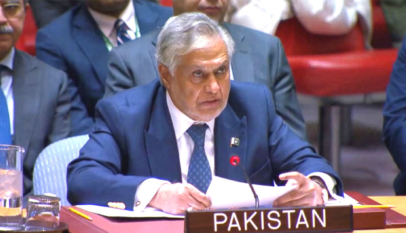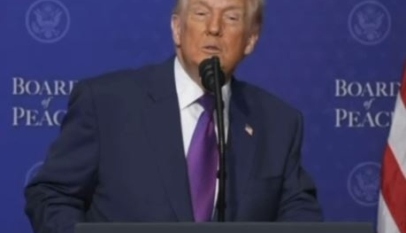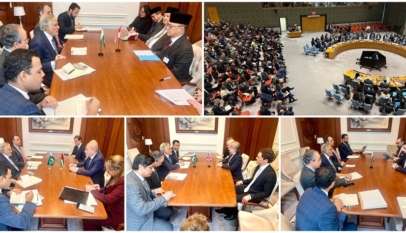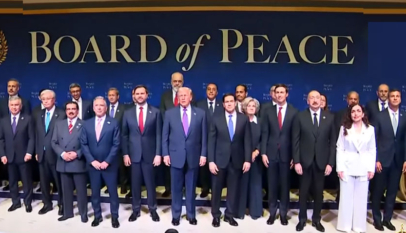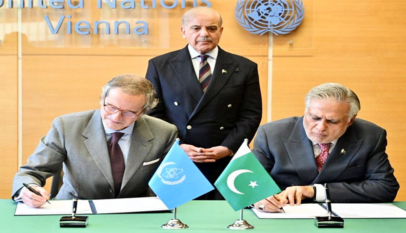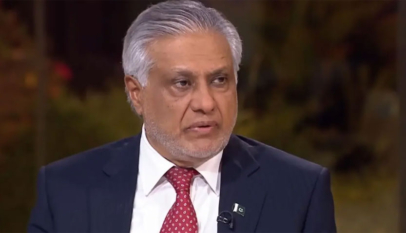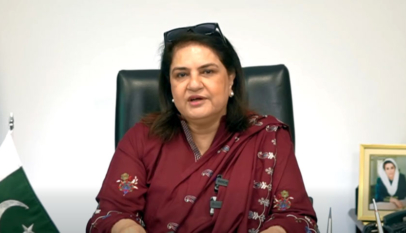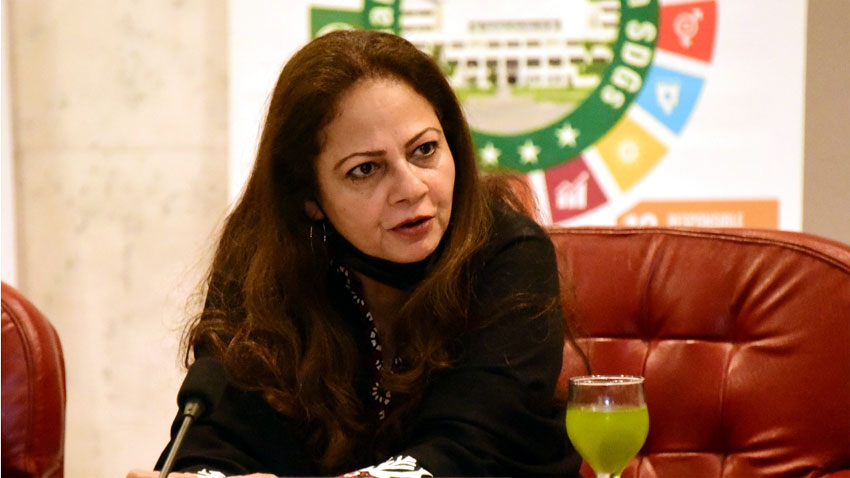
Minister of State for Finance and Revenue Aisha Ghaus Pasha has hailed the revival of IMF’s Extended Fund Facility, pointing to its essential role in propping up the economy.
Speaking in a special program of News and Current Affairs Channel of Radio Pakistan on Wednesday, said renewal of the IMF program will help us get 1.1 billion dollars immediately and will pave the way for getting financing from multilateral and bilateral donors.
She said Pakistan has a pressing need of financing at this moment and this revival will not only help improve our economy and ability to meet international commitments, but also stimulate the growth trajectory from which we had deviated.
Taking part in the discussion, MNA PML-(N) and an industrialist Qaiser Ahmed Sheikh said the approval of the IMF program will augur well for the country’s economy. He said the previous government of PTI provided subsidies on petroleum products, which dented the country’s image in negotiations with the IMF. Qaiser Ahmed Shaikh said Pakistan has foreign reserves around 8 billion dollars which are not sufficient for meeting the import needs. He said we have to work hard to bring improvements to the economy and make diligent efforts to increase self-reliance.
The PML-N MNA said all political parties need to shun their differences and work collectively for the national economy. He said a charter of economy is the need of the hour at this critical juncture. He identified an increase in exports and encouraging Foreign Direct Investment to strengthen the economy.
Qaiser Ahmed Sheikh said the offer of investment by Qatar and Saudi Arabia into various sectors of Pakistan’s economy is a good development, which will increase employment opportunities for our people and ability to innovate.
Senior economic journalist Mehtab Haider while tracing the delay in signing of the IMF program in 2019 said the agreement made with IMF in that year required tightening of fiscal and monetary policies and compressing the demand to stabilize the economy. He said the mistake made by the then PTI-led government was to change the finance minister as well as the whole economic team, including Governor SBP and Secretary Finance, without due consideration. Even the former finance secretary later publicly said that the PTI government agreed to the stricter conditions of IMF, which earlier had been lenient.
Mehtab Haider said in November 2021, 6th review of IMF was completed and the PTI government made a breach of agreement in February 2022. A clear example was giving subsidy on prices of petroleum products even when the war in Ukraine had started. He said the subsidy was also unfunded, contrary to the claims of the PTI government. In its last days, the IMF even refused to hold talks with the PTI government.
The senior economic journalist said when the PML-N led coalition government came into power, the IMF made it clear that the subsidy on petroleum products need to be removed and pass on the increase in prices to the people. The incumbent government made all the difficult economic decisions and even sacrificed their political capital which was necessary for Pakistan’s stability and saving it from default.
He said the current government during its talks with the IMF requested to increase the size of the program as well as time frame. Now the timeframe of Extended Fund Facility has been increased to June 2023 and the size to 6.5 billion dollars. He said the major challenge for the current government is inflation that needs strong measures to bring it down. As the agriculture sector is hit by the current floods, he said, the government needs to provide soft term loans to the agricultural community.
Mehtab Haider said the IMF program was essential as it could open the door to multilateral and bilateral creditors to meet the funding needs. He said Pakistan has to pay 22 billion dollars for debt servicing this fiscal year. The current account deficit is estimated to be an additional 10 billion dollars. Moreover, Pakistan needs to build up its dwindling foreign currency reserves from existing 7.8 billion dollars. So, our total requirement of financing this fiscal year is around 40 billion dollars. He said the initial assessment of flood related damage is around an additional 10 billion dollars. This will affect our growth, services and manufacturing sectors, and agriculture.

